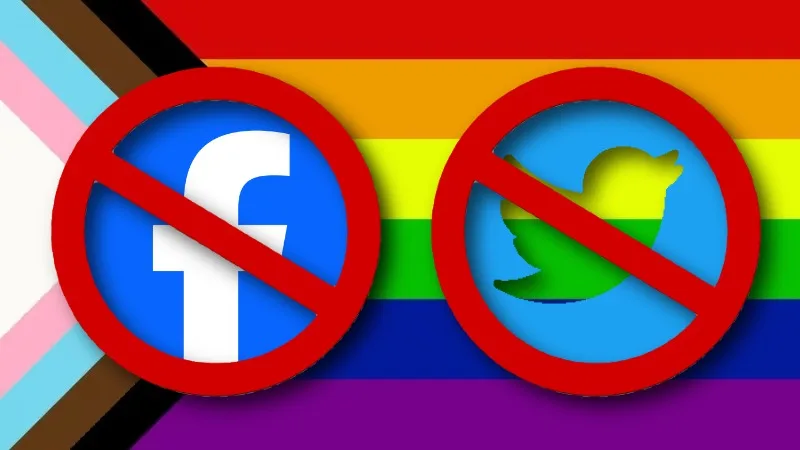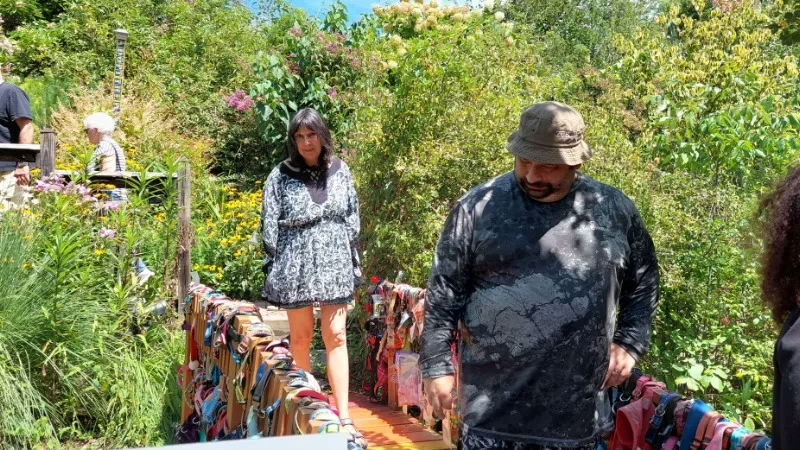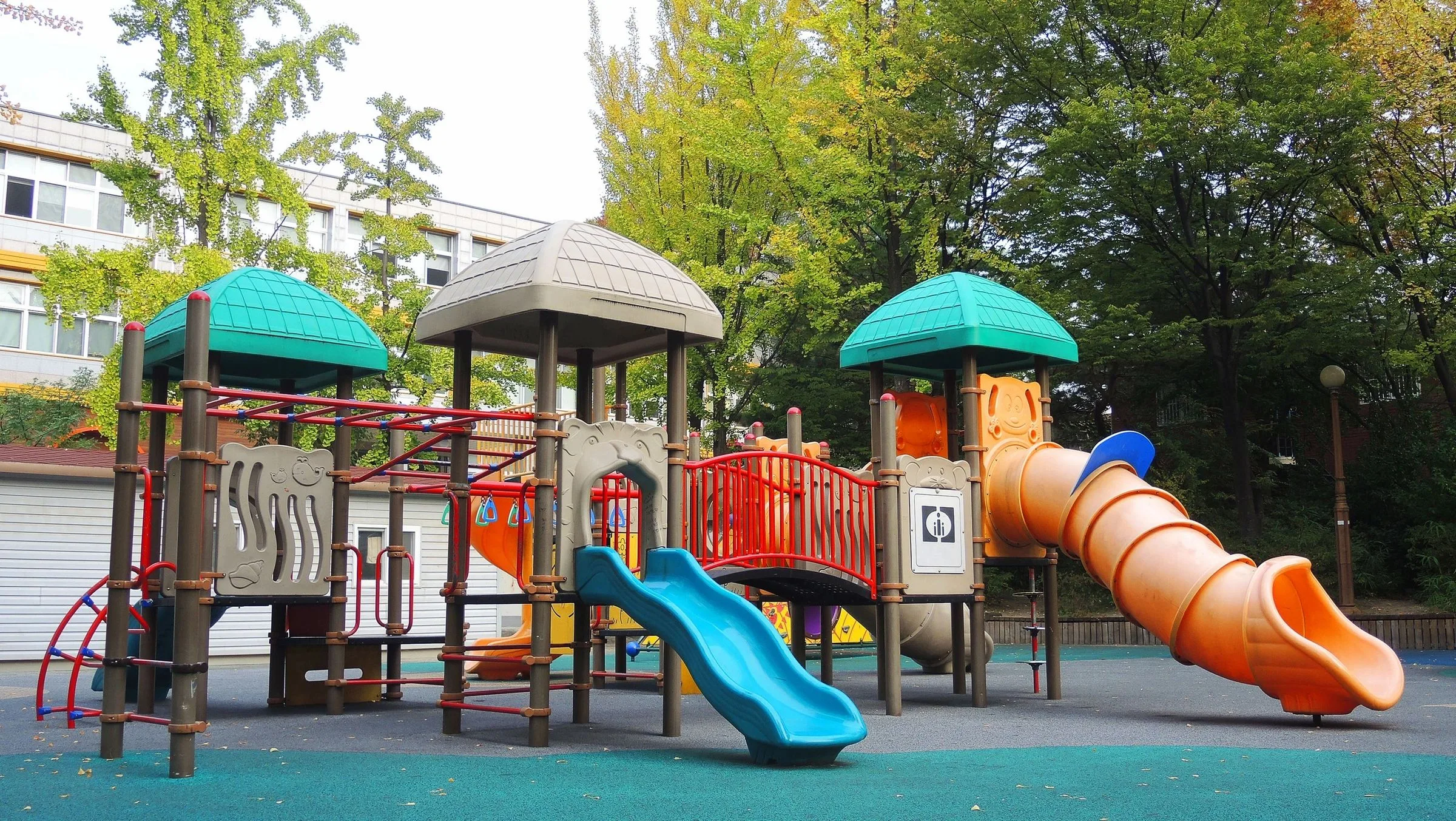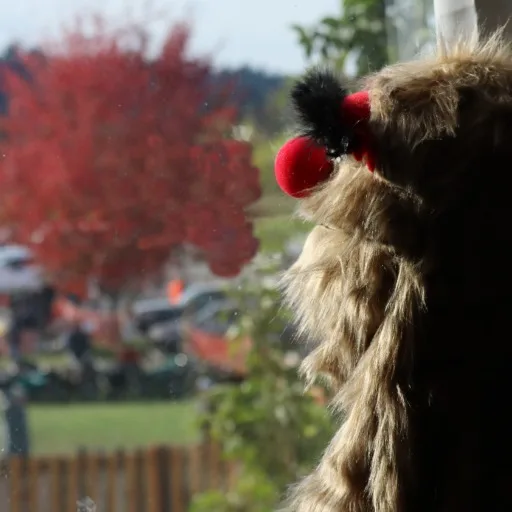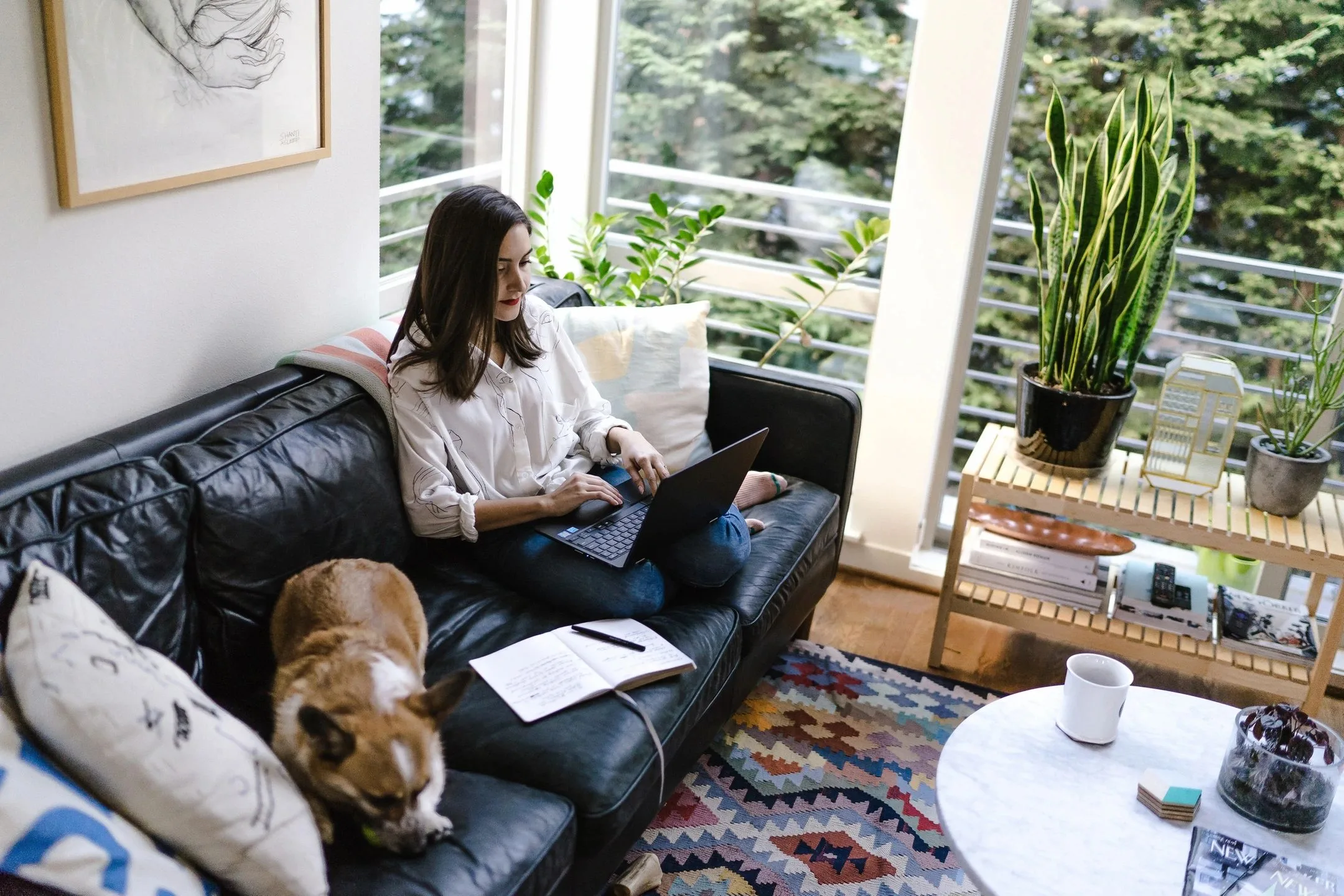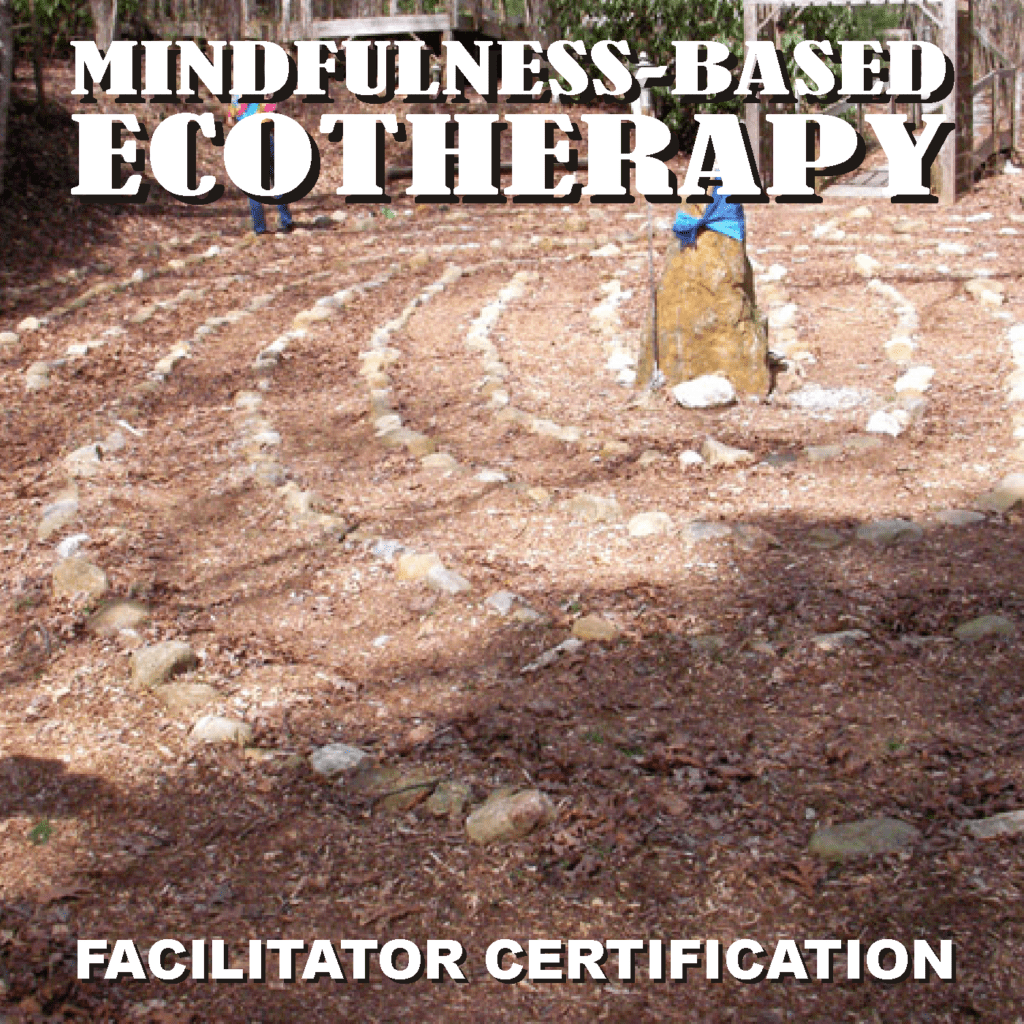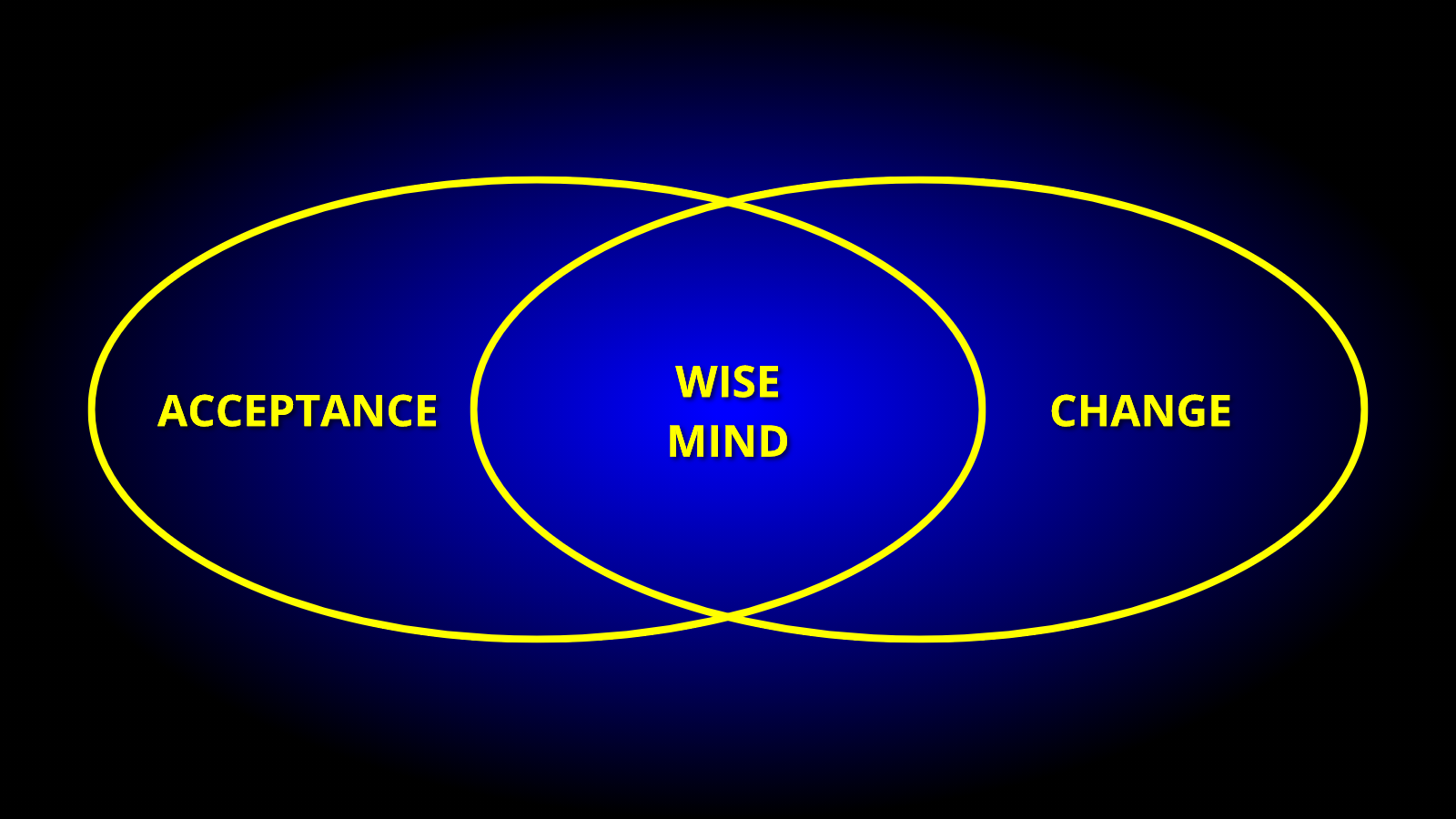
The Cost-Benefit Analysis Worksheet can help with difficult choices. Our choices are a consequence of what we can change and what we have to accept. Mindful acceptance teaches us that we can only change ourselves, not others. If others in our lives are causing problems yet they are unwilling to change, then we either have to accept that fact or end the relationship. We can only be responsible for what we can change, which is our own thoughts, feelings, and behaviors. Once I have accepted the fact that the only person I can change is myself, then my choices should reflect this knowledge.
The first step in learning to accept the choices of others is to assess your patterns of avoidant behaviors. Avoidant behaviors are any behaviors that are attempts to avoid taking responsibility for your own emotional states. Once these patterns of avoidant behavior have been identified, the next step in making good choices is to reframe those behaviors into patterns of acceptance.
What do avoidant behaviors look like? Suppose I am angry with my wife about something, but I don’t want to tell her because I don’t like conflict. That’s an avoidant behavior. So I hold it in and bite my tongue until I can’t stand it any longer, and then I explode in a fit of angry emotional aggression. Here’s how to turn this situation into an acceptance strategy by reframing the avoidant behavior:
In this case, the avoidant behavior is withholding communication because of a fear of conflict. What exactly am I afraid of? Am I afraid that if I tell her I’m angry, it’s going to make her angry in return? Am I afraid that she will think it’s silly that I’m angry about whatever it is? Am I afraid that she might even leave me if I share my feelings with her?
By figuring out exactly why I’m avoiding the issue, I can change it to a more accepting strategy through mindful acceptance. If I’m afraid that if I tell her that I’m angry, it’s going to make her angry in return, I could accept the fact that she is responsible for her own emotional reactions. If I’m afraid that she will think my anger is silly, I can instead accept that I’m entitled to my feelings regardless of what her opinion of them might be. In fact, her feelings are none of my business! If I’m afraid that she might even leave me if I share my feelings with her, then I can accept that I probably don’t need to be in a relationship with someone who won’t respect my right to feel the way I feel.
Are any of the choices you make in your relationships really attempts to engage in avoidant behaviors? If so, what ways could you reframe the beliefs that led to those behaviors so that you might be able to achieve mindful acceptance instead of having to avoid the issue?
Here are some common avoidant behaviors to look for:
- Blame-shifting: Attempting to avoid personal responsibility by blaming others
- Blamestorming: Blaming everyone and everything instead of accepting the situation as it really is
- Emotional Aggression: Attempting to avoid personal responsibility by getting others to be responsible
- Patterns of Control: Attempting to control others in order to avoid having to control yourself
The Cost-Benefit Analysis
A difficulty with choices is that once our assumptions about life have set our perception filter in a certain way, it’s sometimes hard to see the evidence on the other side of the coin. To make better choices, however, we need to be aware of evidence both in favor of and against a decision. The Cost-Benefit Analysis Worksheet is a way to re-set our perception filter by forcing ourselves to look at all the evidence both in favor of, and against, a decision.
There are four boxes on the Cost-Benefit Analysis Tool. At the top of the Tool there is a line for “Decision to be made.” On this line, write the decision that is being evaluated. For example, suppose you are contemplating whether or not to stay married. On the “decision to be made” line, you’d write, “stay married.”
Next, in the left-hand column there are two rows: “Benefits of doing this” and “benefits of not doing this.” In the “benefits of doing this” box you would write down all the benefits of staying married that you could think of. In the “benefits of not doing this” you would list all of the benefits of not staying married that you could think of. If you need extra paper, use a notebook. The goal here is to think of as many reasons as you can in both boxes.
Next, in the right-hand column, there is a row for “costs of doing this,” and a row for “costs of not doing this.” In the “costs of doing this” box, list all of the costs of staying married you can think of. Note that this isn’t necessarily talking about financial costs. This is also talking about emotional costs. Then in the next row, “costs of not doing this,” list as many costs as you can think of for not staying married.
Once you’ve listed as many reasons as you can think of in all of the appropriate columns, the next thing to do is to ‘score’ each item. The reason for assigning a score to each item is that some items are more important than others. When I got out of graduate school I was offered a job in New York. There were plenty of reasons for moving to New York, but only one reason for not moving to New York: My daughter lived with her mother, and if I moved to New York I’d only get to see her once a year. So that one item outweighed all the others.
So the reason for giving scores to each item is so that you can ‘weigh’ each item based on its importance to you.
Finally, you tally up all the scores in each column, and the high score ‘wins.’ That is, the column with the highest score should theoretically be the column upon which to base your decision.
A word of caution is in order here: Don’t just do this once and base your decision on a single result. The best way to evaluate the results is to do it several times over a period of days or weeks. Here’s why: Suppose I have a fight with my wife, and then I do a CBA Worksheet based on staying married vs. getting a divorce. Obviously if I’ve just had a fight with my wife, my answers are probably going to be a little skewed. So if I do this Cost-Benefit Analysis again and again over a period of time, my emotions regarding the decision are going to have a tendency to even out, and the average result is going to be the decision that I should make.
The Cost-Benefit Analysis Worksheet
Try a Cost-Benefit Analysis Worksheet now for practice. The goal here is to focus on the evidence both for and against the decision to be made. By seeing both sides of the issue, you are re-setting your perception filter so that you may challenge assumptions that are leading to consequences you don’t want.
You can download a copy of the CBA Worksheet by clicking the link below.


